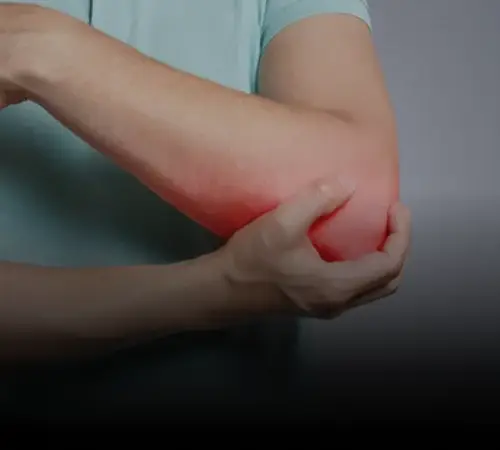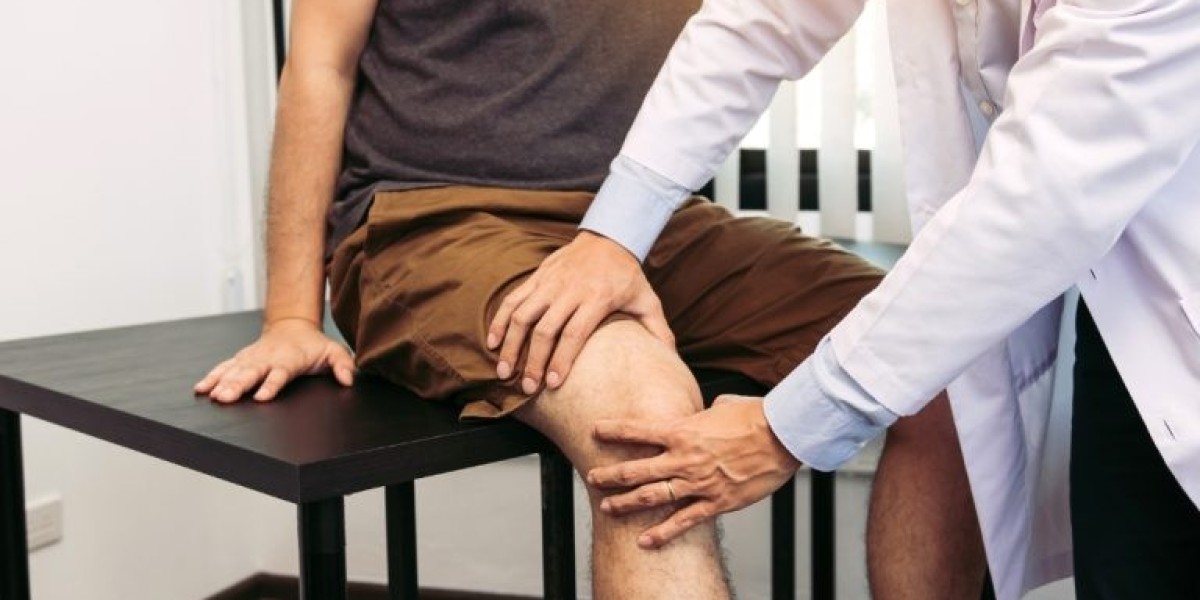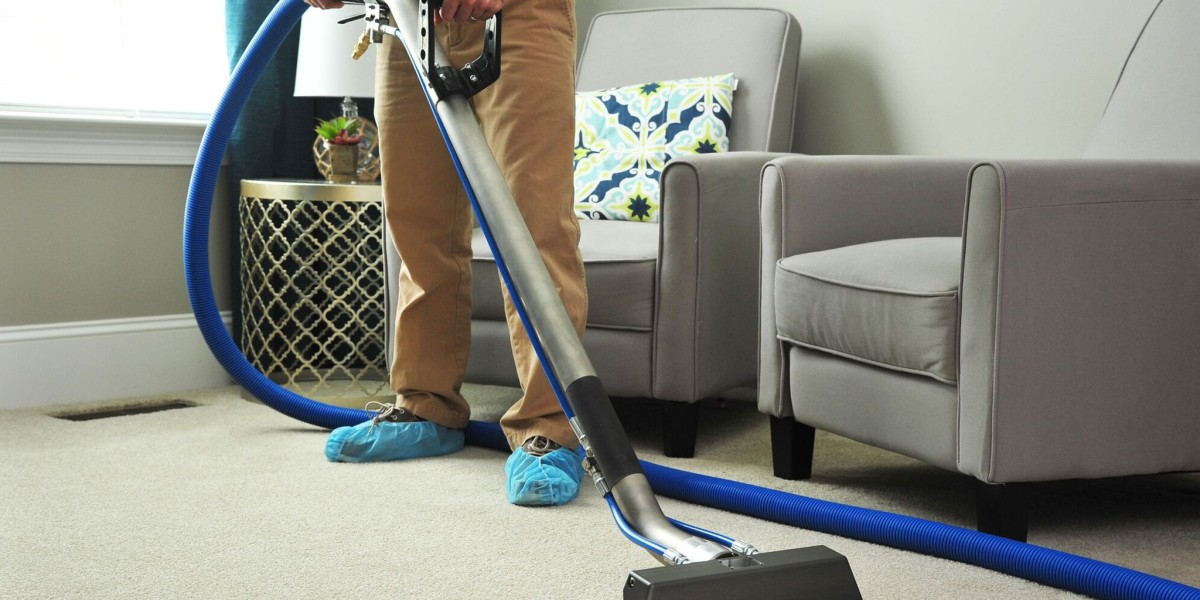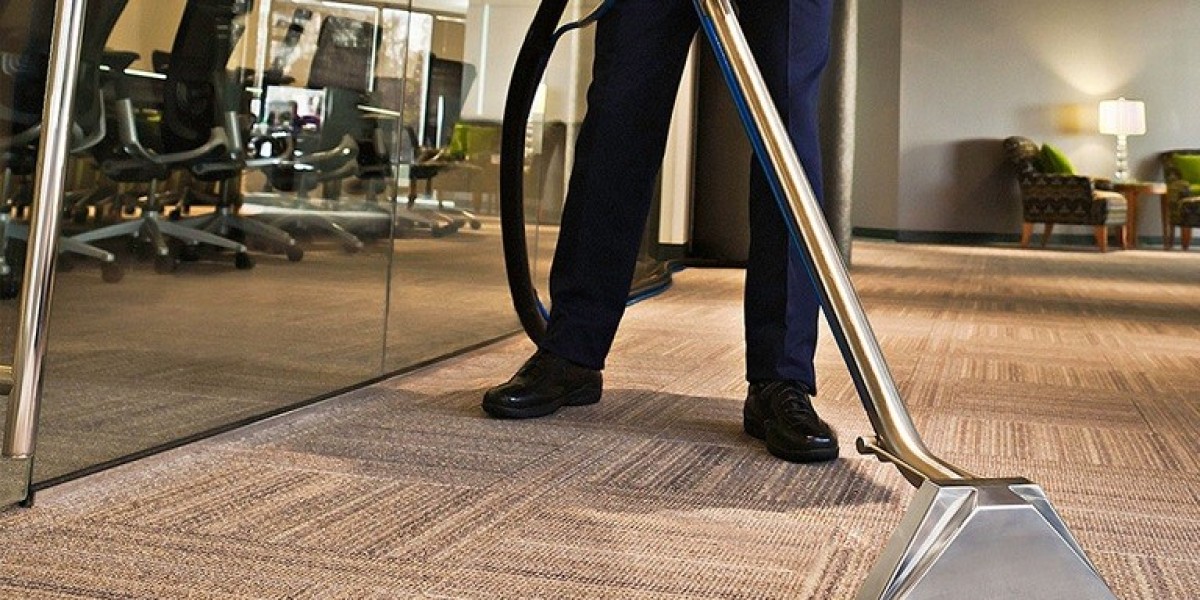Chronic pain can be physically limiting, mentally exhausting, and emotionally overwhelming. For many people suffering from orthopaedic conditions such as arthritis, degenerative joint disease, or spinal issues, the daily struggle with persistent pain can affect everything from sleep to social life. While surgery, such as knee replacement, is often recommended as a last resort, many patients can benefit from a wide range of non-surgical alternatives.
Orthopaedic care has evolved significantly in recent years, offering various evidence-based and minimally invasive options to manage chronic pain effectively. If you're exploring alternatives to surgery, it's essential to understand your options and work closely with an orthopedic specialist in Ahmedabad who can guide you through personalised care plans.
Understanding Chronic Orthopaedic Pain
In orthopaedics, this pain often arises due to long-standing joint conditions, musculoskeletal injuries, postural imbalances, and age-related degeneration. Common causes include:
- Osteoarthritis and rheumatoid arthritis
- Tendonitis and bursitis
- Herniated discs and spinal stenosis
- Previous fractures or joint trauma
- Failed surgeries or prosthetic complications
Chronic orthopaedic pain affects not just the affected area but can cause reduced mobility, sleep disturbances, fatigue, anxiety, and depression. Early intervention and conservative treatment methods are crucial for preserving joint function and quality of life.

The Role of an Orthopaedic Specialist
Before jumping to surgical decisions, an orthopedic specialist in Ahmedabad will assess your condition through clinical evaluation, imaging (such as X-rays, MRI or CT scans), and medical history. A proper diagnosis ensures a focused treatment strategy that addresses both the symptoms and the root cause of your discomfort.
The right orthopaedic expert also collaborates with physiotherapists, pain specialists, and rheumatologists to ensure a well-rounded approach that improves your chances of recovery without invasive procedures.
Physical Therapy and Movement Rehabilitation
Physical therapy is a cornerstone of conservative orthopaedic care. It helps improve strength, flexibility, posture, and joint mobility, thereby reducing the intensity and frequency of pain.
Therapists customise treatment plans with:
- Strength training to stabilise weak muscles and joints
- Stretching routines to improve flexibility and reduce tension
- Balance and coordination exercises to prevent falls and injuries
- Posture and gait correction to avoid repetitive strain
Patients who stick to physiotherapy over several weeks or months often report significantly lower pain levels, better mobility, and less reliance on pain medication.
Medication Management for Chronic Pain
When pain becomes too disruptive, medication can provide short- to medium-term relief. However, this must be carefully managed by your orthopaedic specialist to avoid dependency and side effects. The common classes of medication include:
- Non-steroidal anti-inflammatory drugs (NSAIDs) like ibuprofen or naproxen
- Nerve pain medications like gabapentin or pregabalin in conditions involving neuropathy
- In some cases, low-dose antidepressants for fibromyalgia or nerve-related pain
It’s important to monitor side effects, especially with long-term use, and regularly review dosage with your specialist.
Injections and Image-Guided Procedures
For patients whose pain does not respond to physiotherapy and oral medications, injection-based therapy is often recommended. These methods can offer temporary but effective relief and delay or even eliminate the need for surgery. Options include:
- Corticosteroid Injections: Administered directly into inflamed joints like knees or shoulders to reduce swelling and pain.
- Hyaluronic Acid Injections: Often used for knee osteoarthritis to improve joint lubrication and ease movement.
- Platelet-Rich Plasma (PRP) Therapy: Uses components from your blood to promote healing and reduce inflammation.
- Nerve Blocks: Target specific nerves to temporarily interrupt pain signals, especially useful in back or neck conditions.
All injections are typically performed under ultrasound or fluoroscopic guidance to ensure precision and safety.
Lifestyle Modifications for Long-Term Relief
Non-surgical pain management also includes lifestyle changes that reduce stress on joints and prevent further deterioration. Some changes your orthopaedic team may suggest include:
- Regular low-impact exercise such as swimming, cycling, or walking to maintain flexibility and joint health
- Ergonomic improvements at work and home, including supportive chairs, correct lifting techniques, and posture aids
- Dietary adjustments to include anti-inflammatory foods such as turmeric, omega-3-rich fish, leafy greens, and whole grains
These modifications, when sustained, can greatly reduce flare-ups and dependency on medication.
Complementary Therapies That Support Recovery
Holistic therapies can be a useful supplement to conventional orthopaedic treatment. They do not replace clinical care but offer added benefits, particularly in managing stress and improving general well-being.
- Acupuncture: An ancient Chinese therapy that targets pressure points to reduce pain and tension
- Transcutaneous Electrical Nerve Stimulation (TENS): A portable device that uses electrical pulses to block pain signals
Patients are encouraged to try these methods under professional guidance and in consultation with their primary orthopaedic physician.
Psychological Support for Chronic Pain Management
Chronic pain is not only a physical issue but also a psychological burden. Mental health support is often overlooked in orthopaedic care, yet it plays a vital role in long-term recovery. Strategies include:
- Cognitive Behavioural Therapy (CBT): Helps patients develop coping skills, challenge negative thinking, and improve pain tolerance
- Support groups and counselling: To combat feelings of isolation and frustration often linked with chronic conditions
Integrating mental health care into physical pain management often leads to better treatment outcomes and quality of life.
Regenerative Medicine: An Evolving Frontier
Although still a developing field in India, regenerative medicine offers promising alternatives to conventional treatment. For those who want to avoid joint surgery, treatments like PRP and stem cell therapy are worth exploring. These therapies aim to:
- Promote healing of tendons, cartilage, and ligaments
- Slow the progression of degenerative diseases
- Reduce inflammation and pain without medication
If you are considering these therapies, consult a qualified knee replacement surgeon in Ahmedabad who is well-versed in both surgical and regenerative practices to understand if you're a suitable candidate.

When Is Surgery Necessary?
Despite the best efforts, some cases will inevitably require surgical intervention. These include:
- Advanced joint degeneration with severe deformity or instability
- Persistent pain that does not respond to conservative therapy
- Recurrent injuries or fractures in elderly patients
- Reduced quality of life due to immobility
Consulting a skilled knee replacement surgeon in Ahmedabad can help you make an informed decision. Surgery should always be considered after exhausting all other avenues, with proper pre-operative preparation and post-operative rehabilitation.
Conclusion
With advances in medicine and a wide range of conservative treatments available, many patients can regain control of their lives without undergoing invasive procedures. Early diagnosis, tailored treatment plans, and a commitment to lifestyle change can often offer the same results as surgical intervention. If you're dealing with long-term pain, consult with a trusted orthopaedic expert who will guide you through the most suitable non-surgical options. Dr. Meet Mehta, an experienced orthopaedic specialist, offers comprehensive non-surgical and surgical care for chronic pain conditions.



